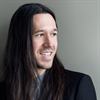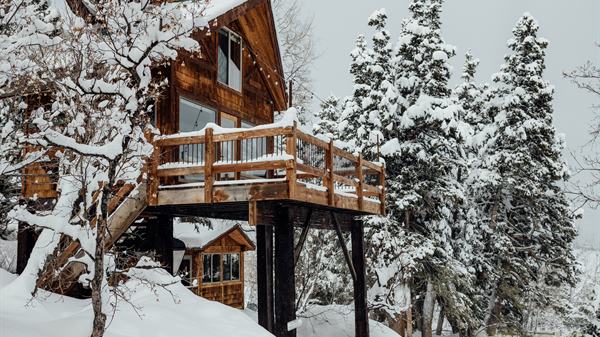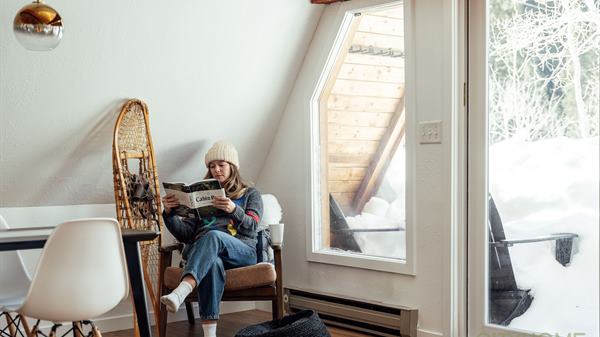“Eating well means eating not only what's good for us, but also what appeals to our bodies, minds, and spirits. It means finding the foods that we're hungry for.” - Page Westover
We fiercely subscribe to the ideology that “space shapes life,” so when we come across others who believe the same, we take notice (and notes, wherever we can). After spending an afternoon delightedly drifting around the grounds of Snuck Farm, we can safely attest that Page Westover—owner, founder, and farmer—believes the same.
When you see the structure, set back from the bourgeoning development of present-day Pleasant Grove, it doesn’t so much feel like you’ve stepped back in time, but rather stepped forward—taken a leap from the chaotic discord of today and landed in an age when people have just figured everything out. A beautiful barn beside a striking home. Not too much space. In fact, just enough. Clean, happy animals roaming the grounds and a soilless greenhouse that grows clean, happy greens year-round. The barn itself is beautifully designed and looks as much like it’s been standing for generations as it does the actualization of some modern, utopian dream.
It makes sense, really. Housing food that fills the soul in a space that does the same isn’t rocket science. This is the beautiful marriage of good intention and good design, and it seems so natural that it’s a wonder more don’t follow the same model.
In a modern world, Snuck Farm stands in quiet resistance to the mayhem. The structure is a beacon, calling out to like-minded people who simply want to EAT WELL. DO GOOD.
Page Westover, founder of Snuck, inherited the land from a few generations’-worth of family members. And, while farming undeniably runs in Page’s veins, the decision to take up the cultivating lifestyle was a distinct choice, in this case. Born and raised in Pleasant Grove, Page couldn’t wait to graduate high school and make her exodus north. She studied Nutrition and Dietetics at Utah State University, and—in what was presumably a pleasant surprise to all involved—when she’d finished, Page came home. And it’s perhaps because this evolution began with separation that it feels a natural fit; it wasn’t the “slipping into” of a lifestyle, but rather an intentional selection of one.
She’d inherited roughly three and a half acres and wanted to honor the memory of her grandparents and her family—past, present, and future. “Farms are as unique as fingerprints,” says Page. “We pour so much of ourselves into them that they become extensions of our hopes, dreams, and values. They mean more than how we farm—they’re a reflection of why we farm.”
The greenhouse behind the barn is itself a work of art and houses the lion’s share of the farm’s production. The hydroponic method makes the best use of the farm’s limited acreage while saving about 90% of the standard water usage. A 4,000-gallon tank sits underneath the greenhouse and holds all the nutrients necessary for plant growth. These nutrients soak with recycled water into sponges surrounding each sprout. The idea, according to Page, is to “give everything the space it needs when it needs it.” When the sprout outgrows its space? It’s transplanted to one that suits it better. (The metaphors write themselves, at this point.)
Herbs, veggies, and edible flowers are grown here year-round, sans chemical pesticides and herbicides, and—because of the soilless methods used—they’re able to grow up to eight times as much produce as they would using traditional methods. Snuck is four years along now, and, though this is the land’s first go as a commercial farm, it’s flourishing. There are about 150 subscription-based salad share customers each month, and 50-60 farmyard share customers (which includes organic, dirt-grown veggies as well as flowers, eggs, and honey). There’s a plant sale every May, as well as semi-regular classes and workshops in the kitchen, including a kids’ cooking class on Wednesdays.
The connected farm and residential spaces—the former courtesy of architect Warren Lloyd and lead architectural designer Louise Hill, the latter from Hill solely—are not generally open to the public; after all, Page, husband Brian, and their gaggle of children happen to live here (alpacas Cover Girl, Chocolate, and Nel also roam the grounds, along with a handful of chickens and happy watchdog Moby). Private though it may be, Snuck’s mission is as visible as that striking barn is from the road: “To be a force for good in our community while promoting sustainable community-based food production that benefits us all.”
Put simply, the story of Snuck is a lesson in good people, good ideas, and good design. It’s a story of tradition and innovation beautifully blended. It’s the story of legacies: those left to us and those we leave behind. Time will pass, seasons will change, and we will all, each of us, grow. And it is a privilege to grow.
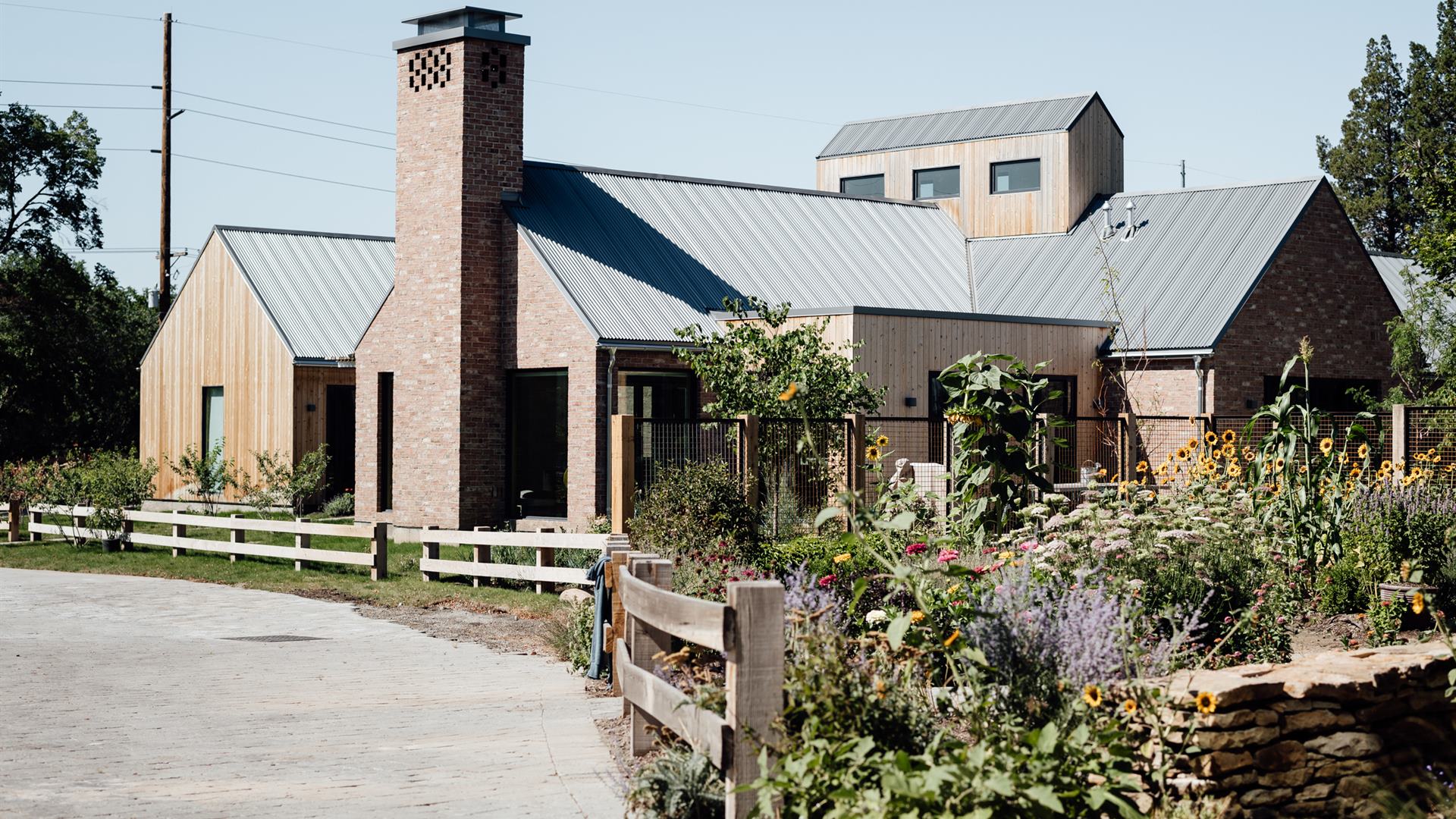
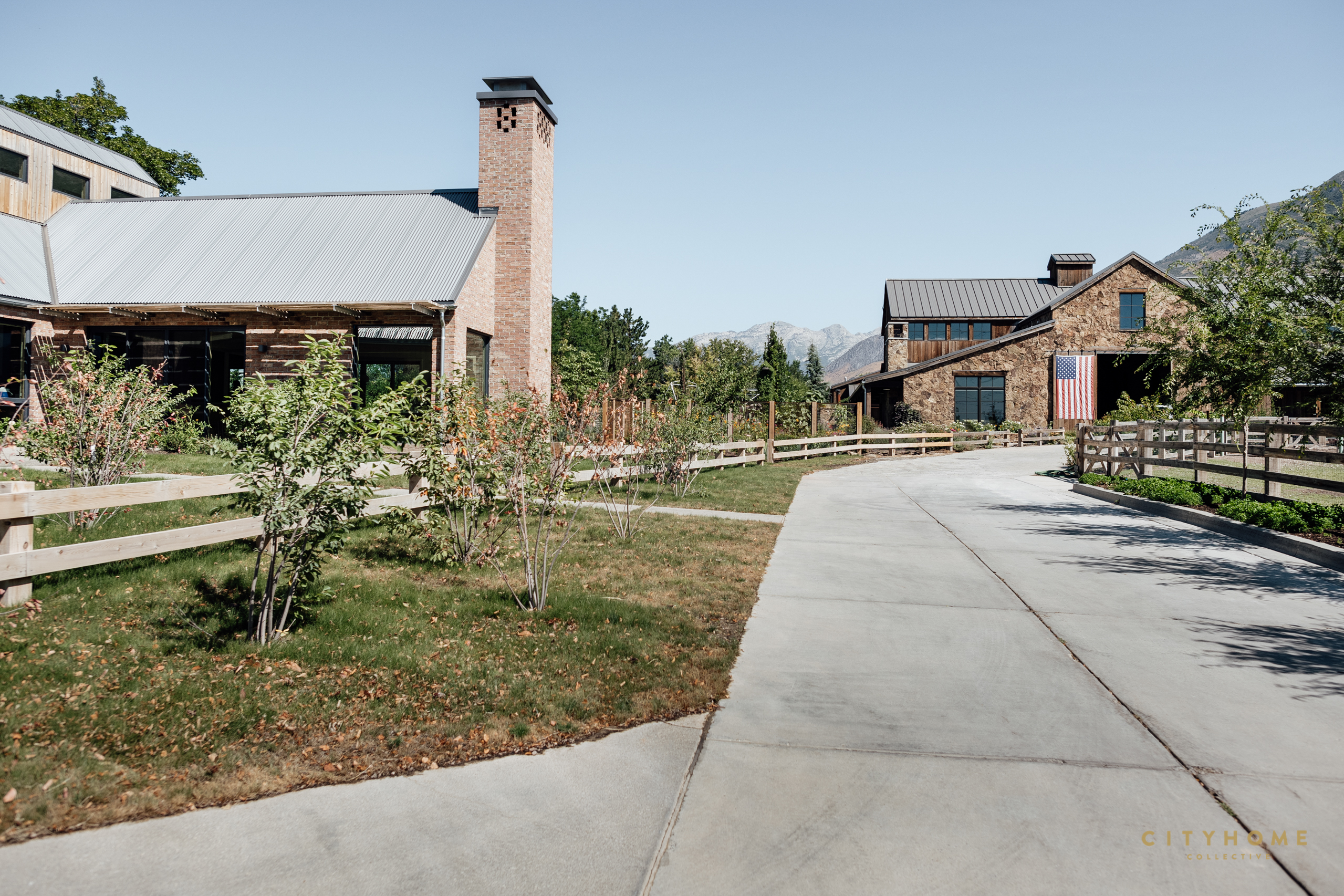
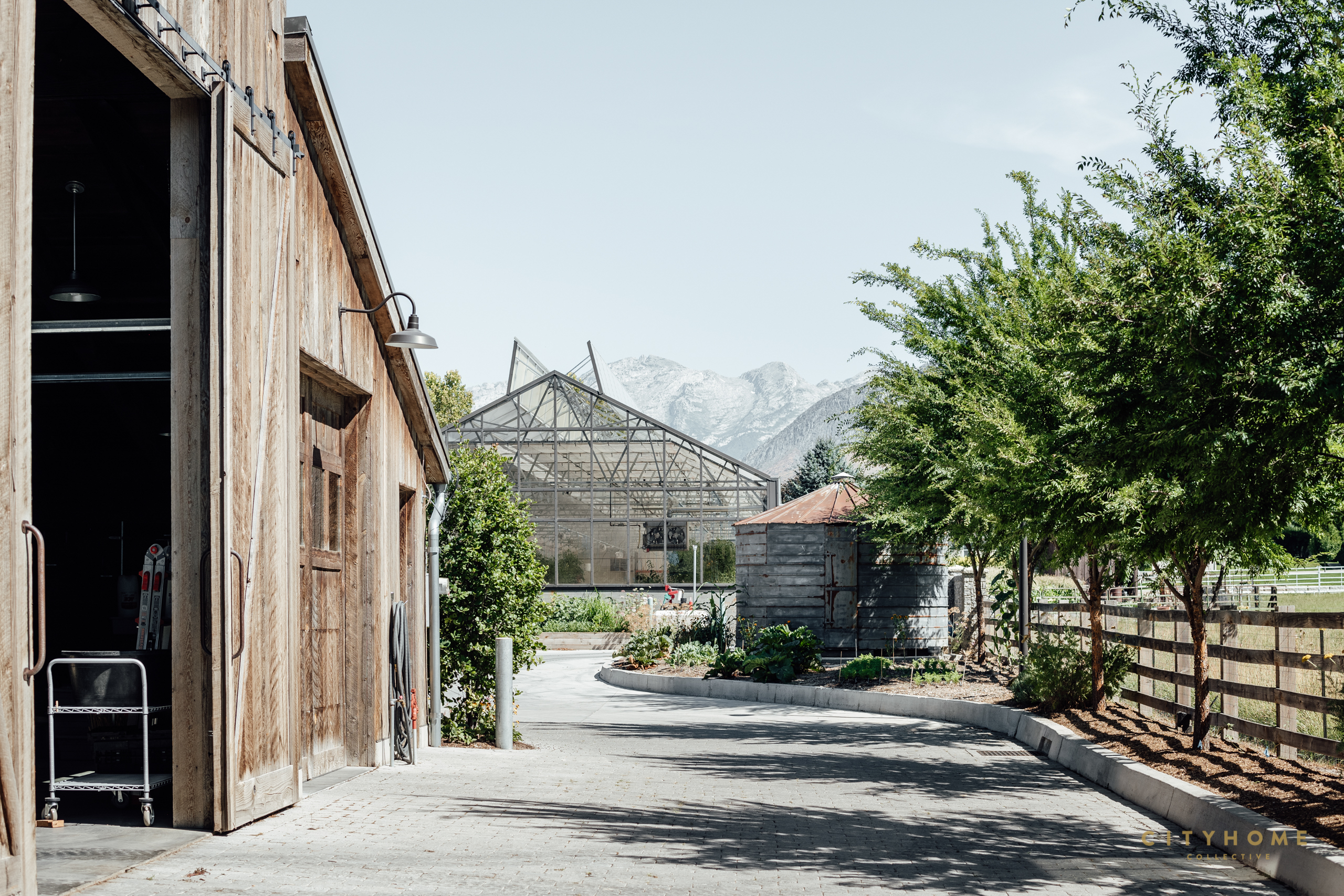
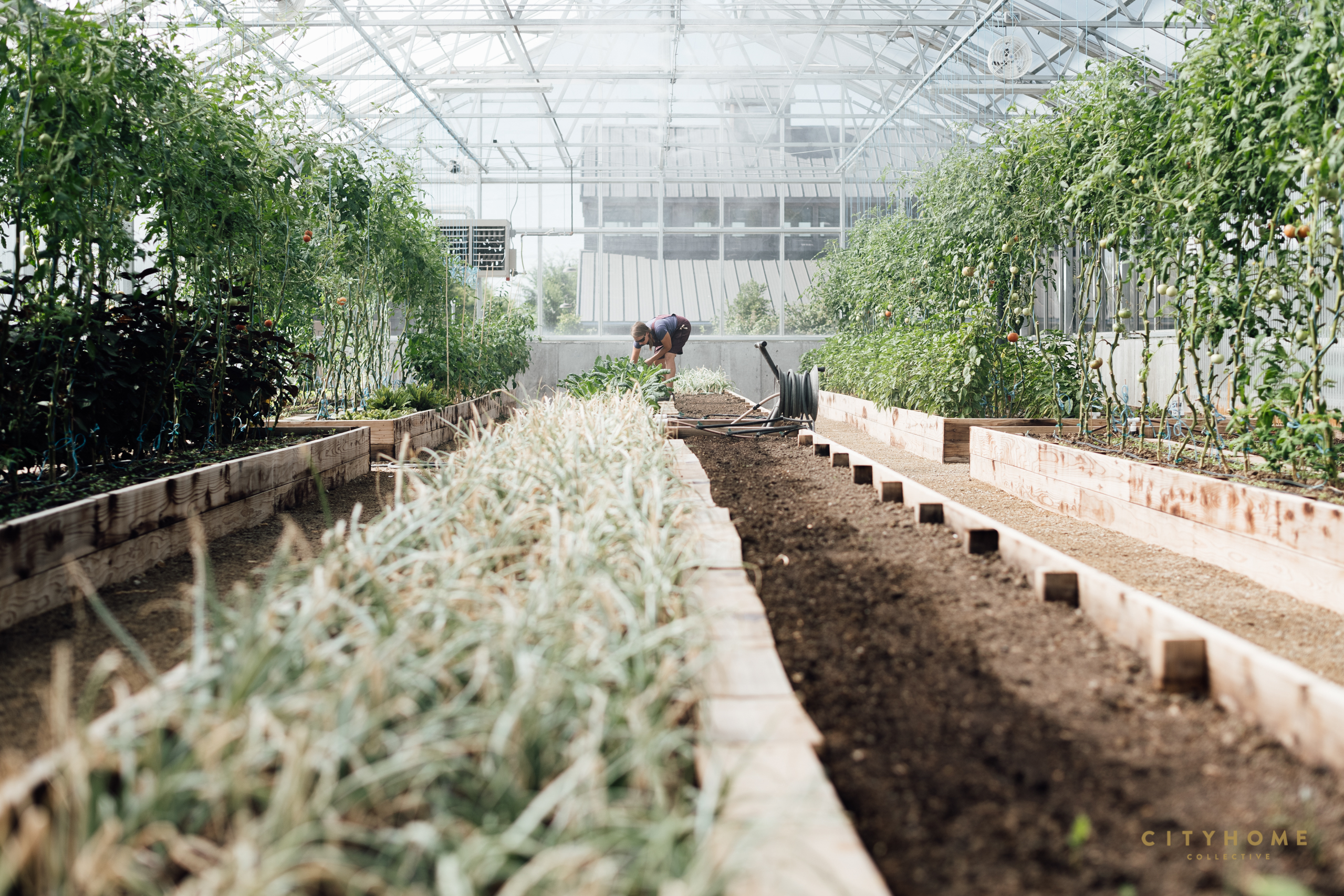
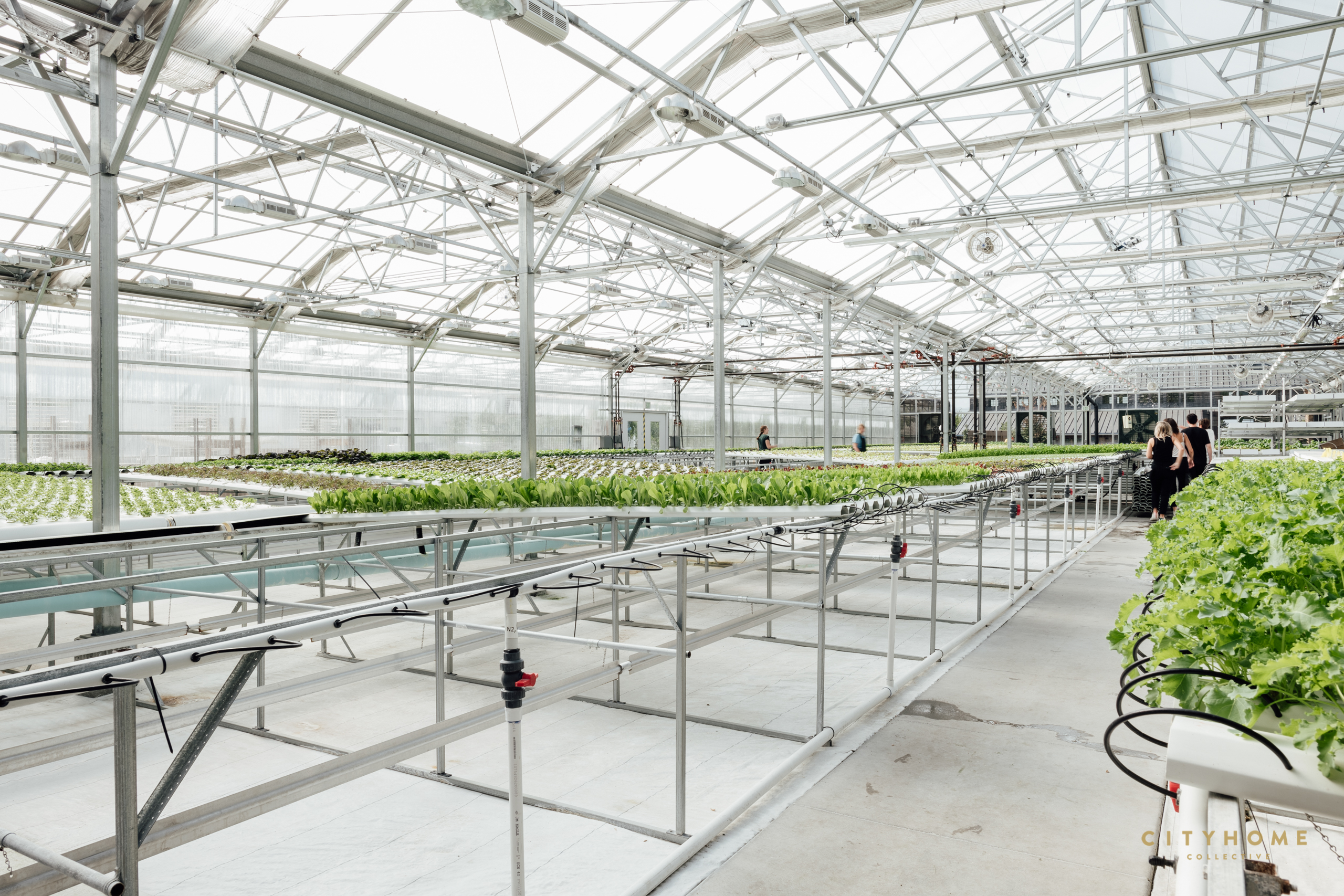
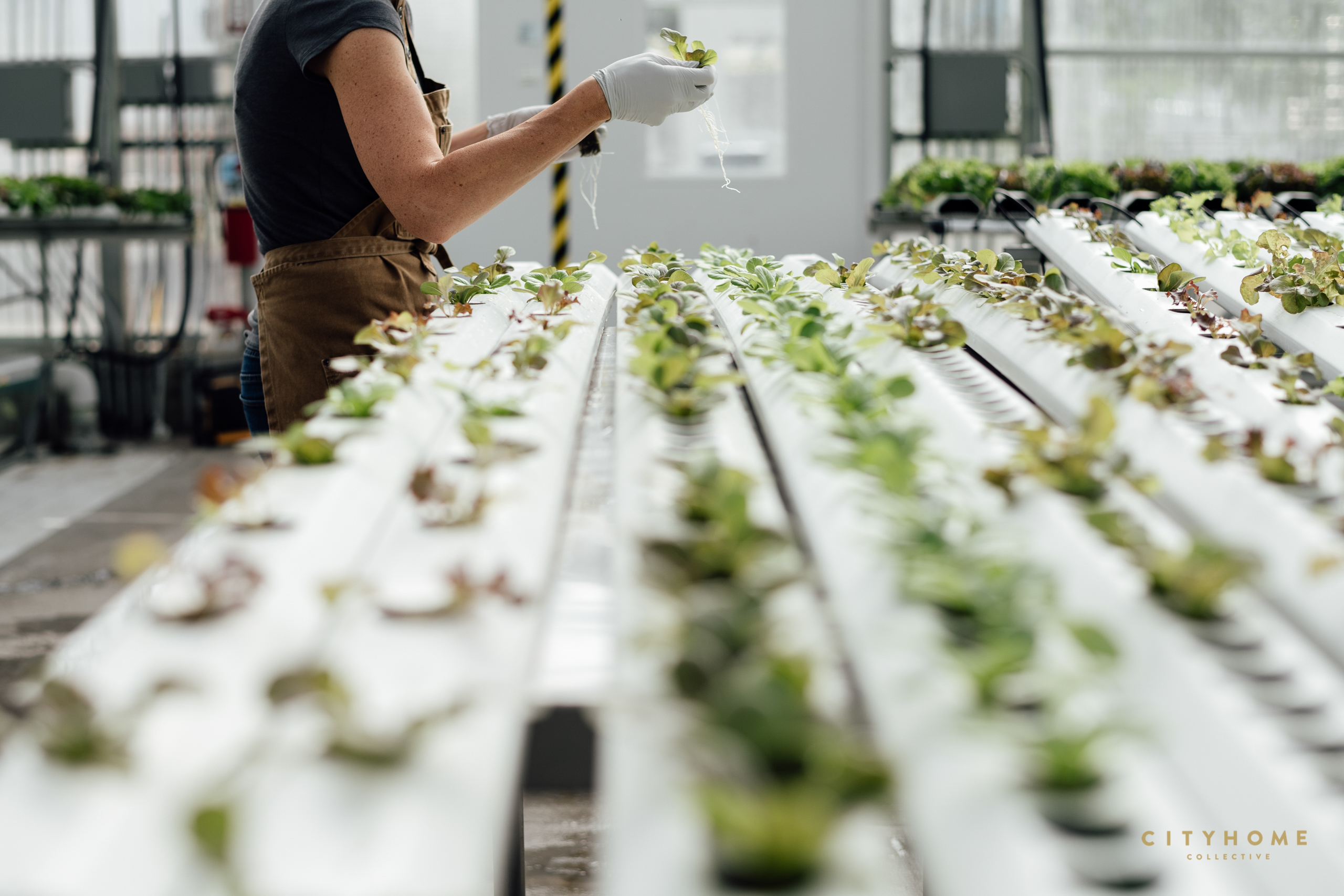
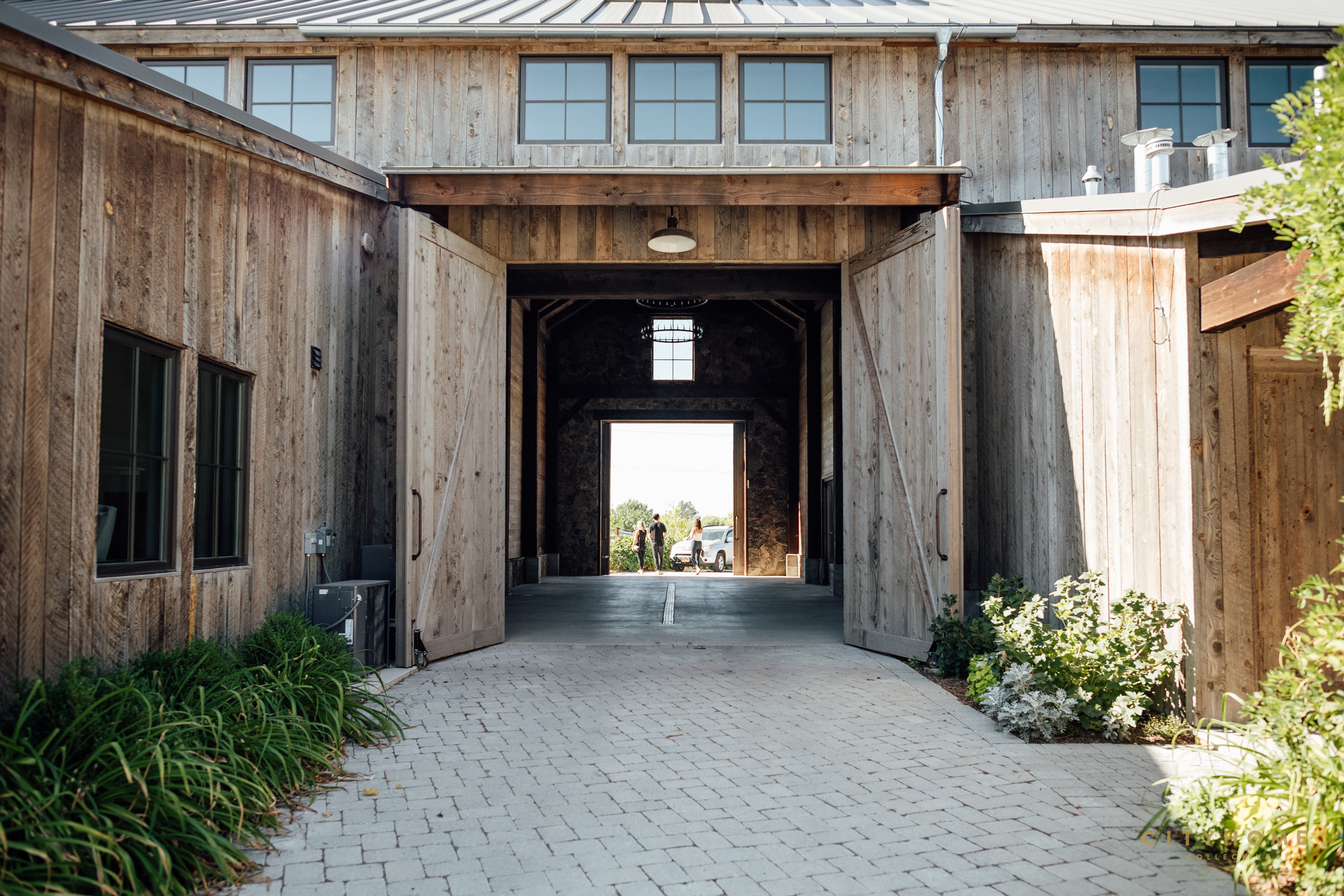
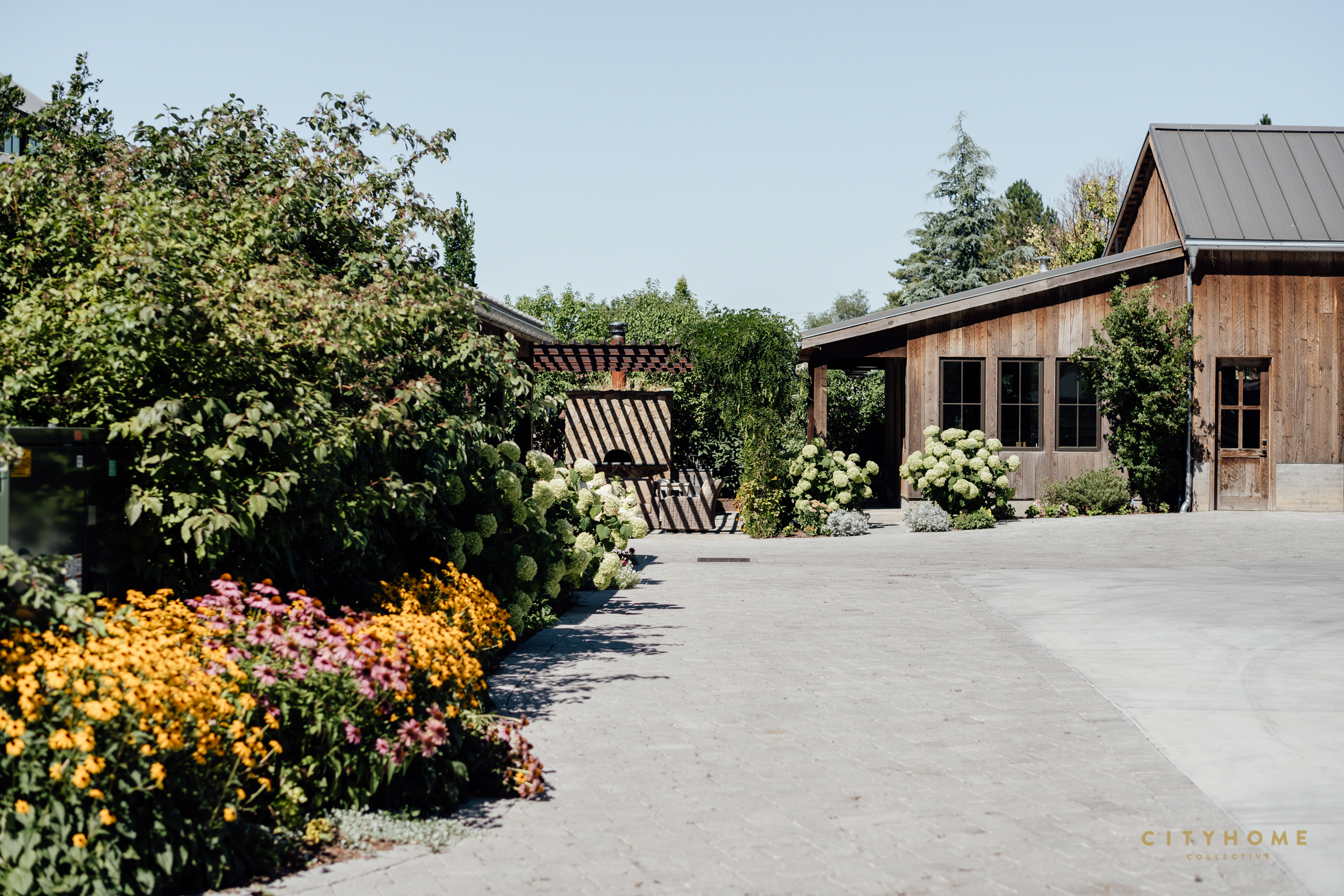
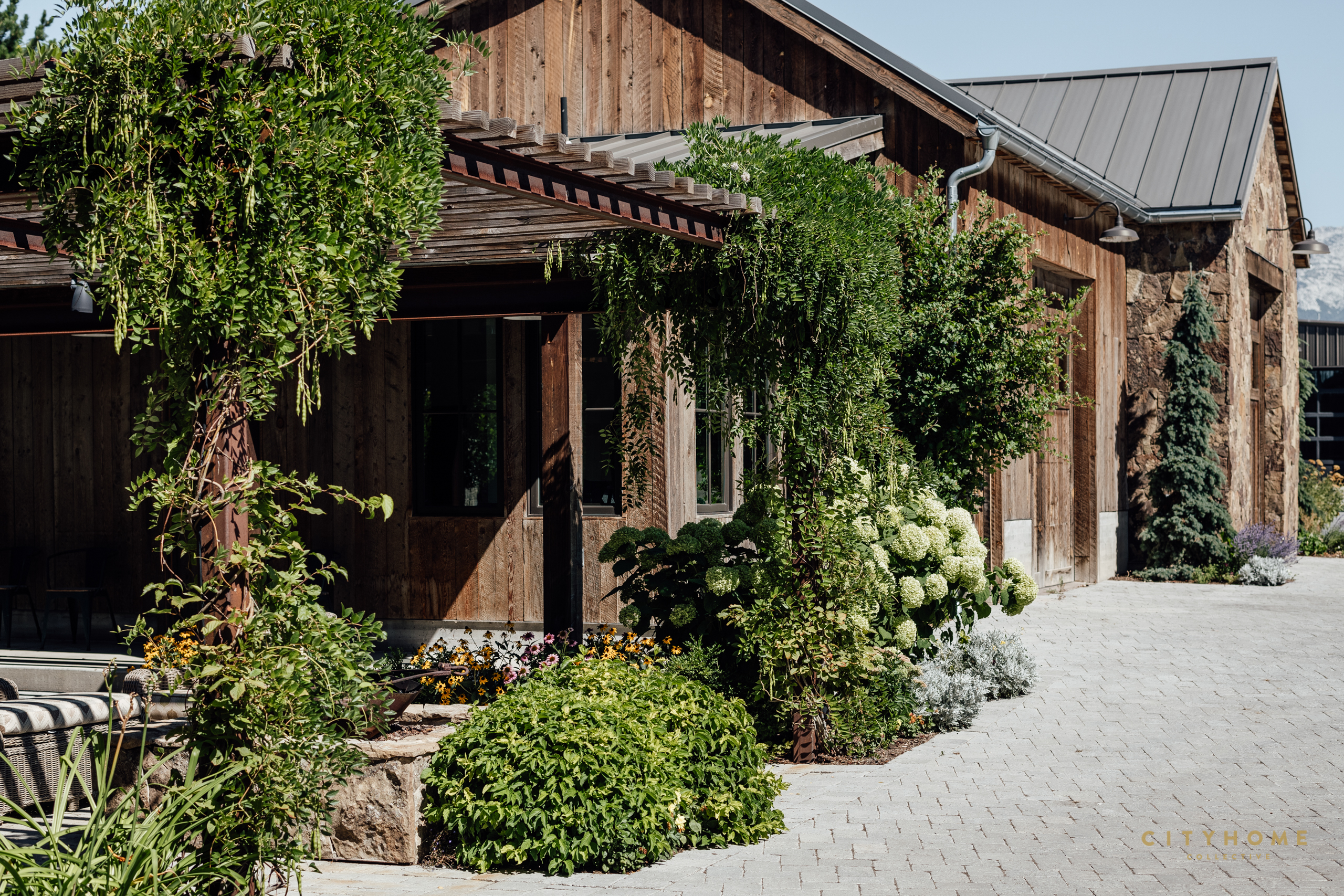
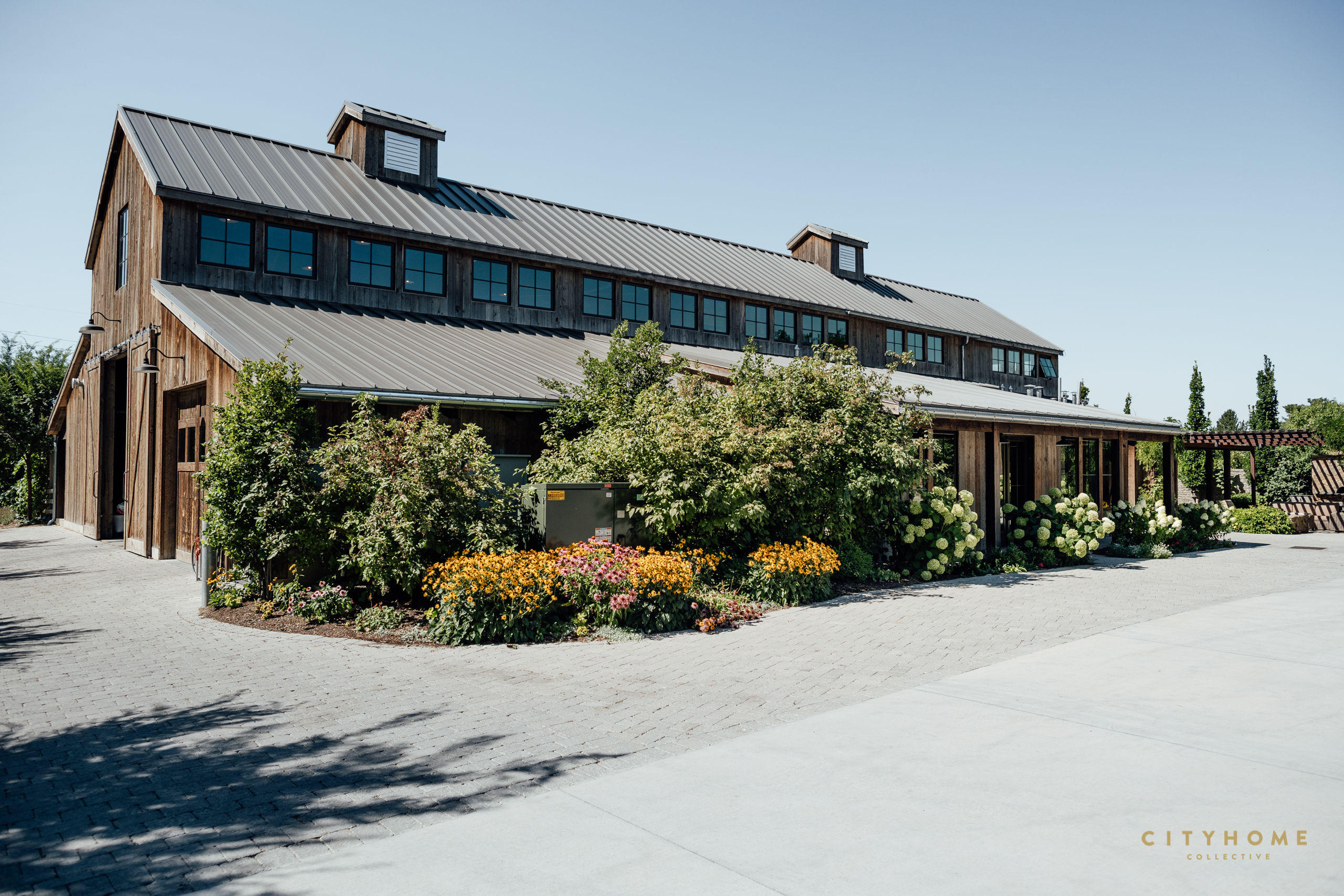
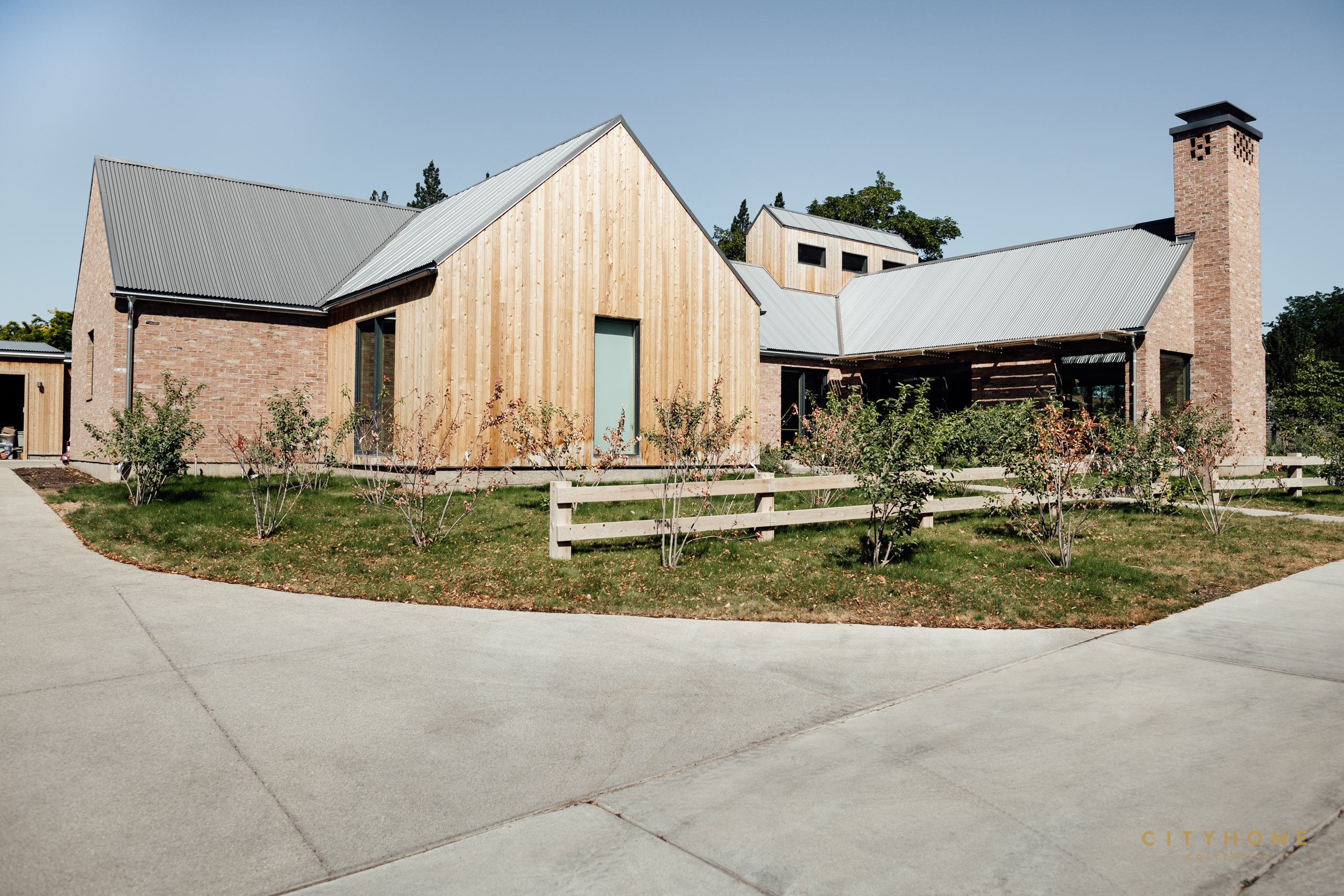
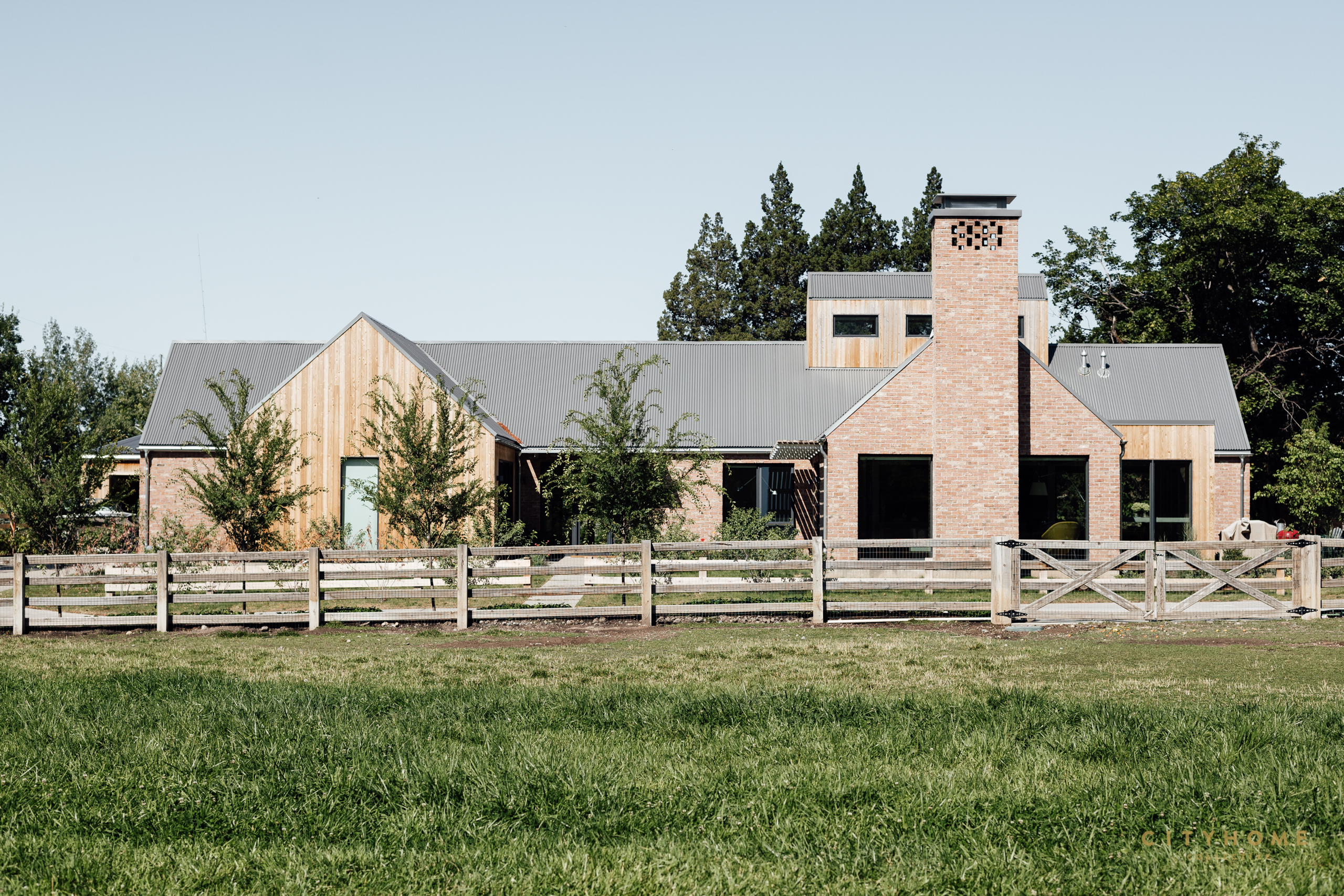
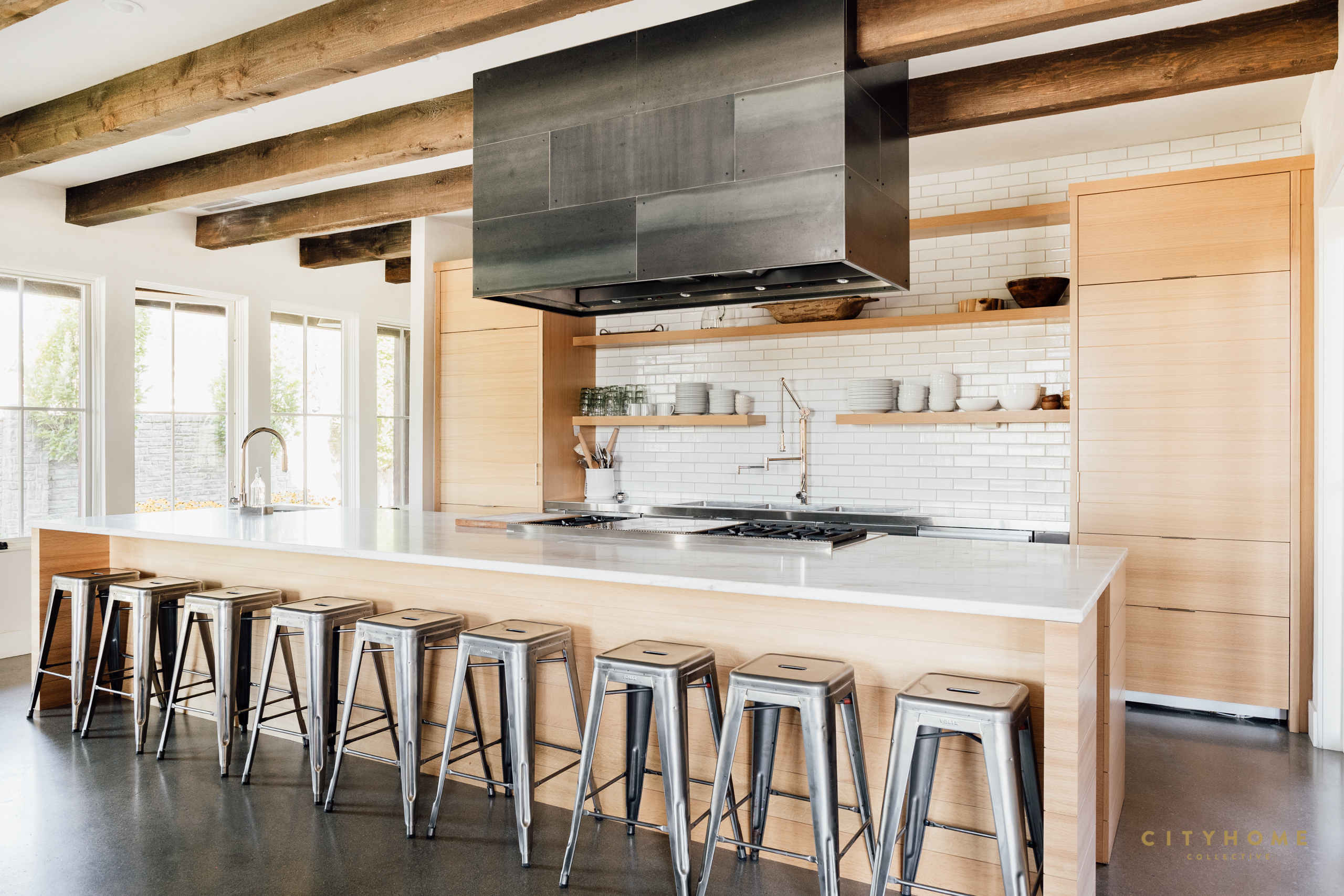
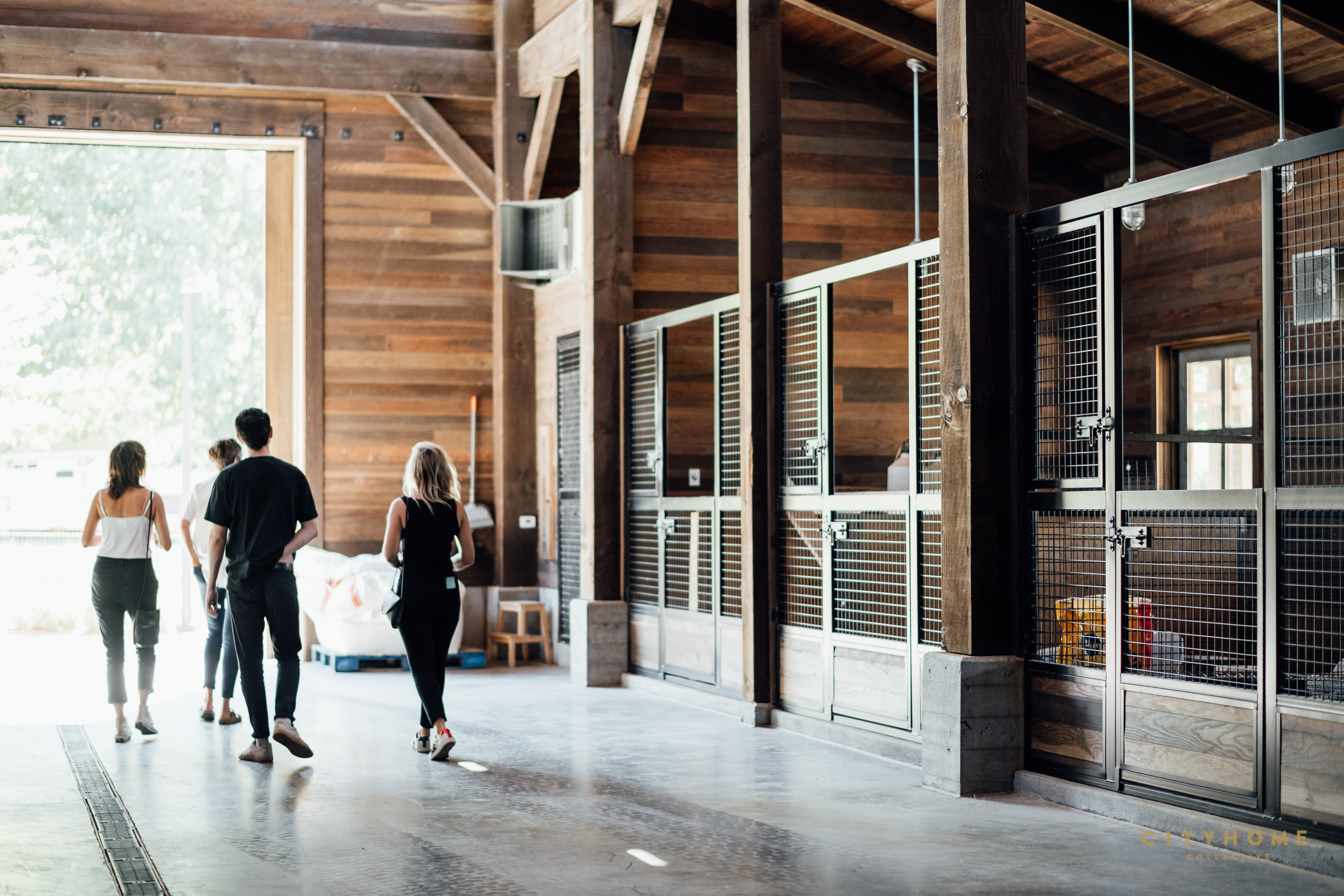
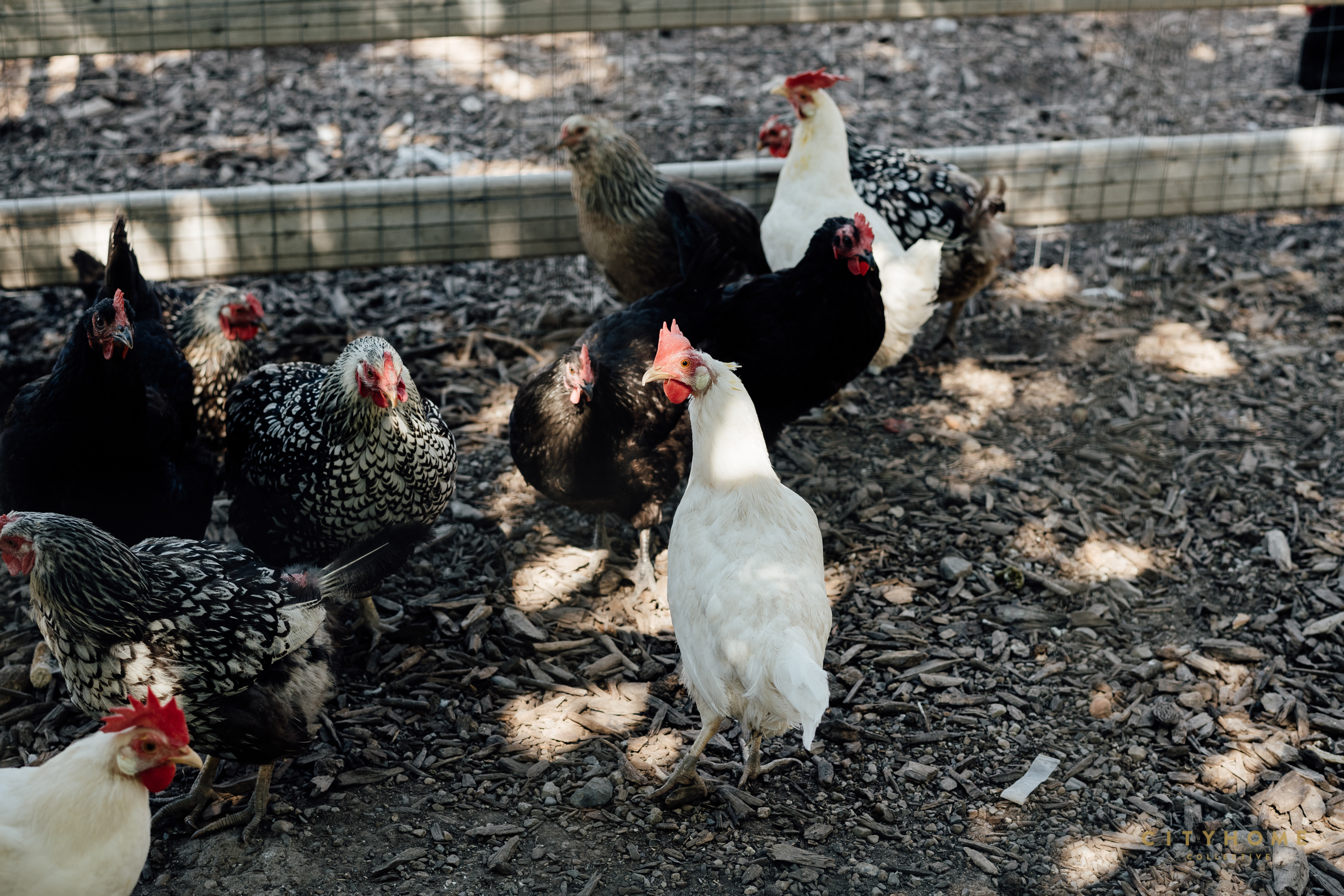
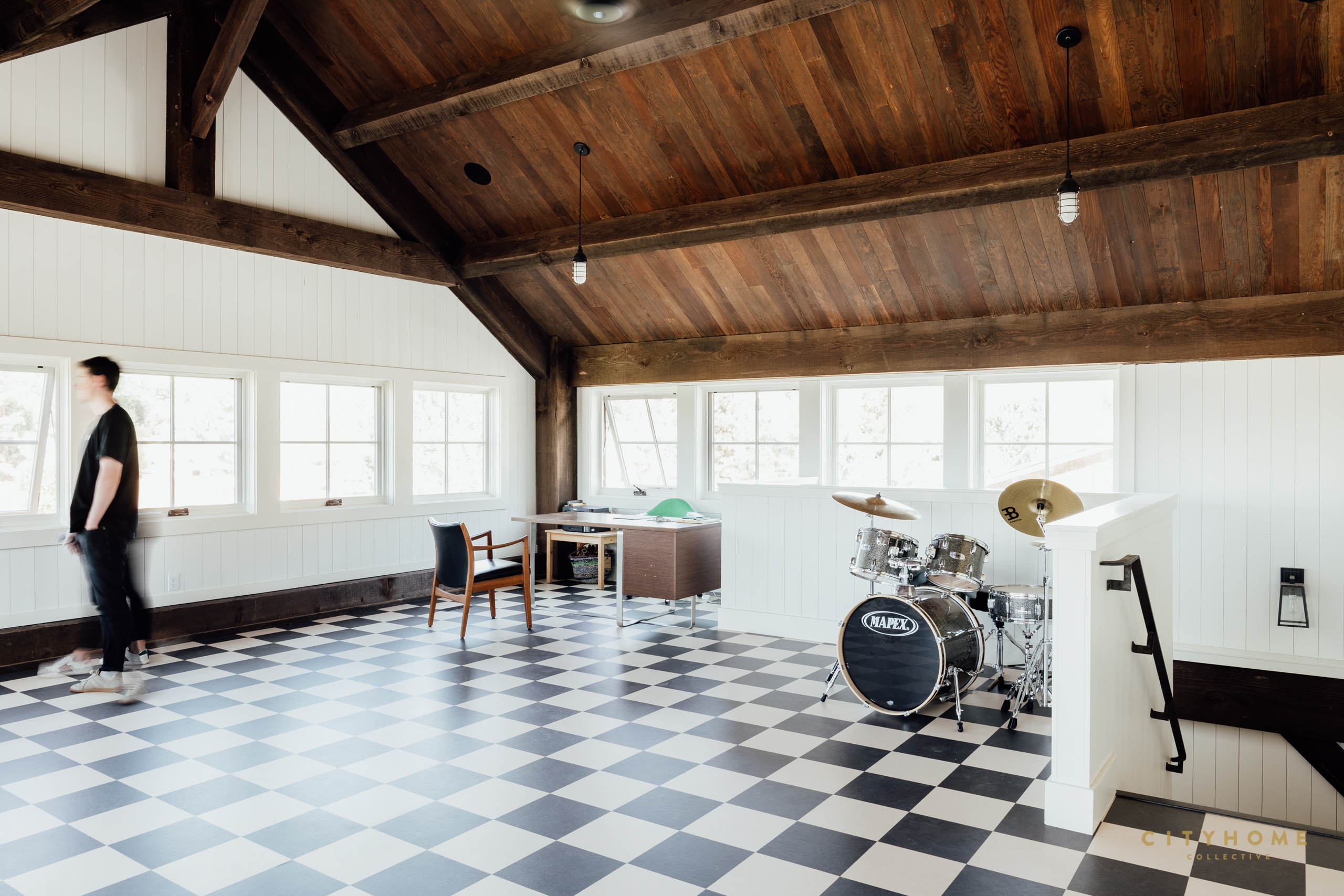
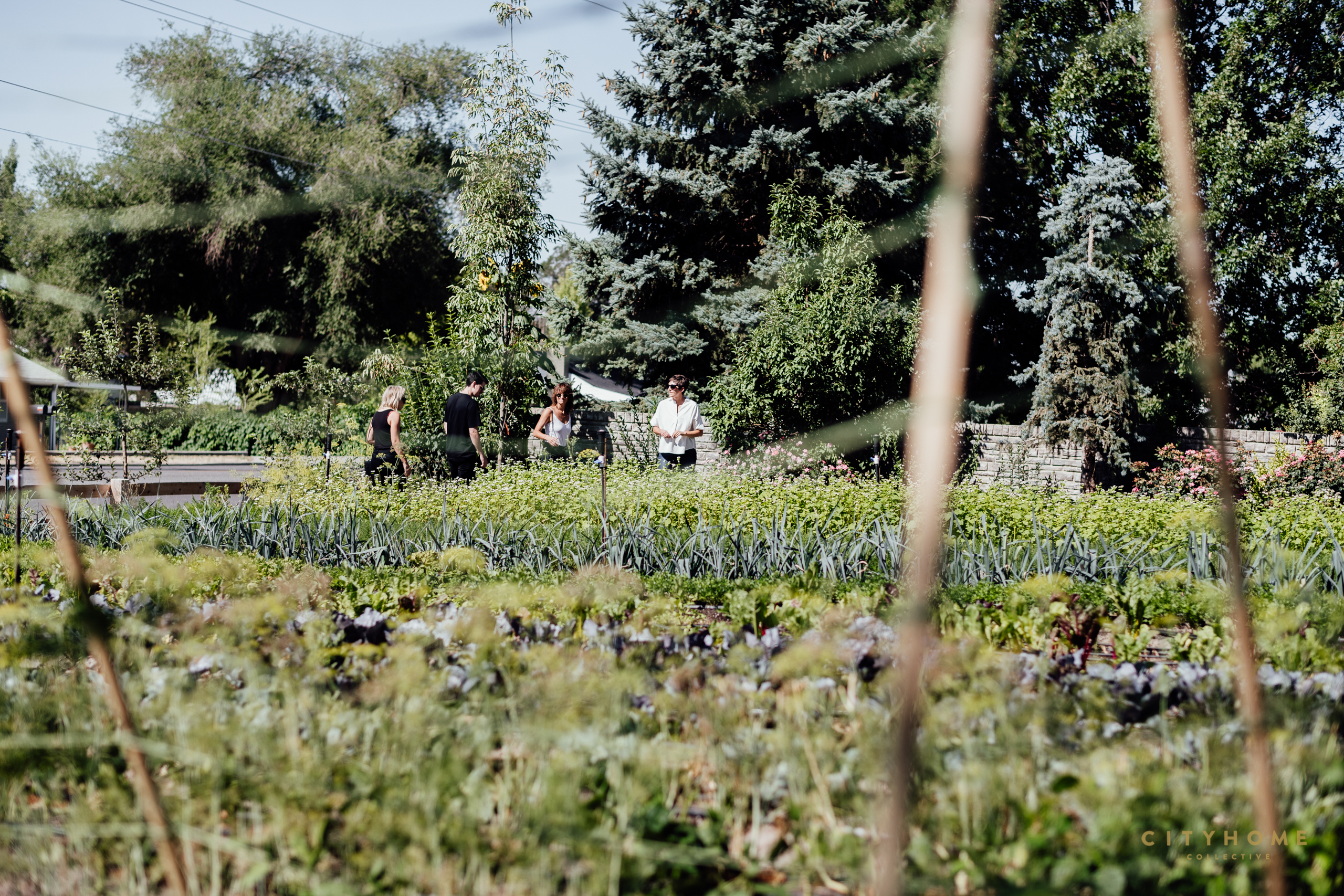
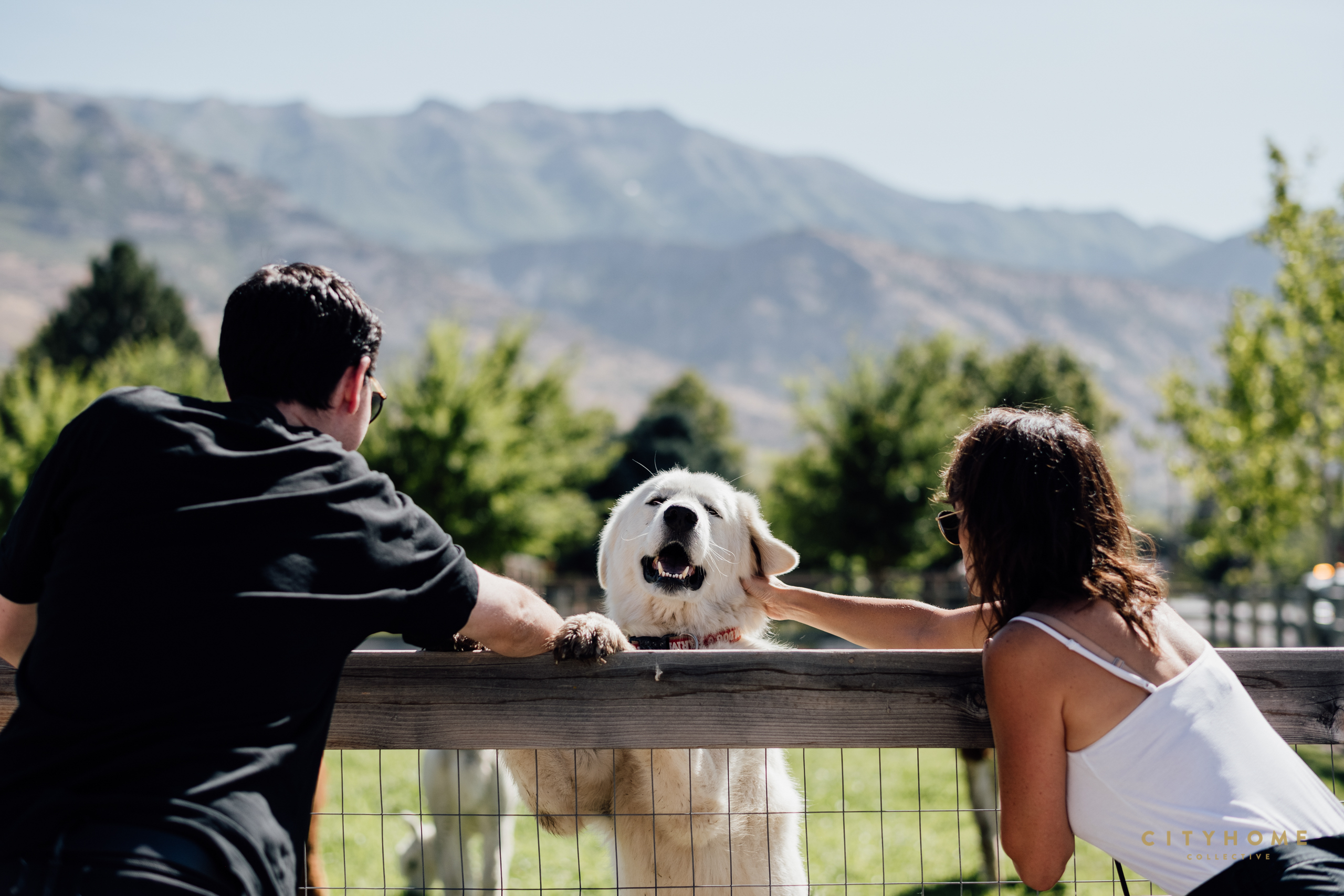
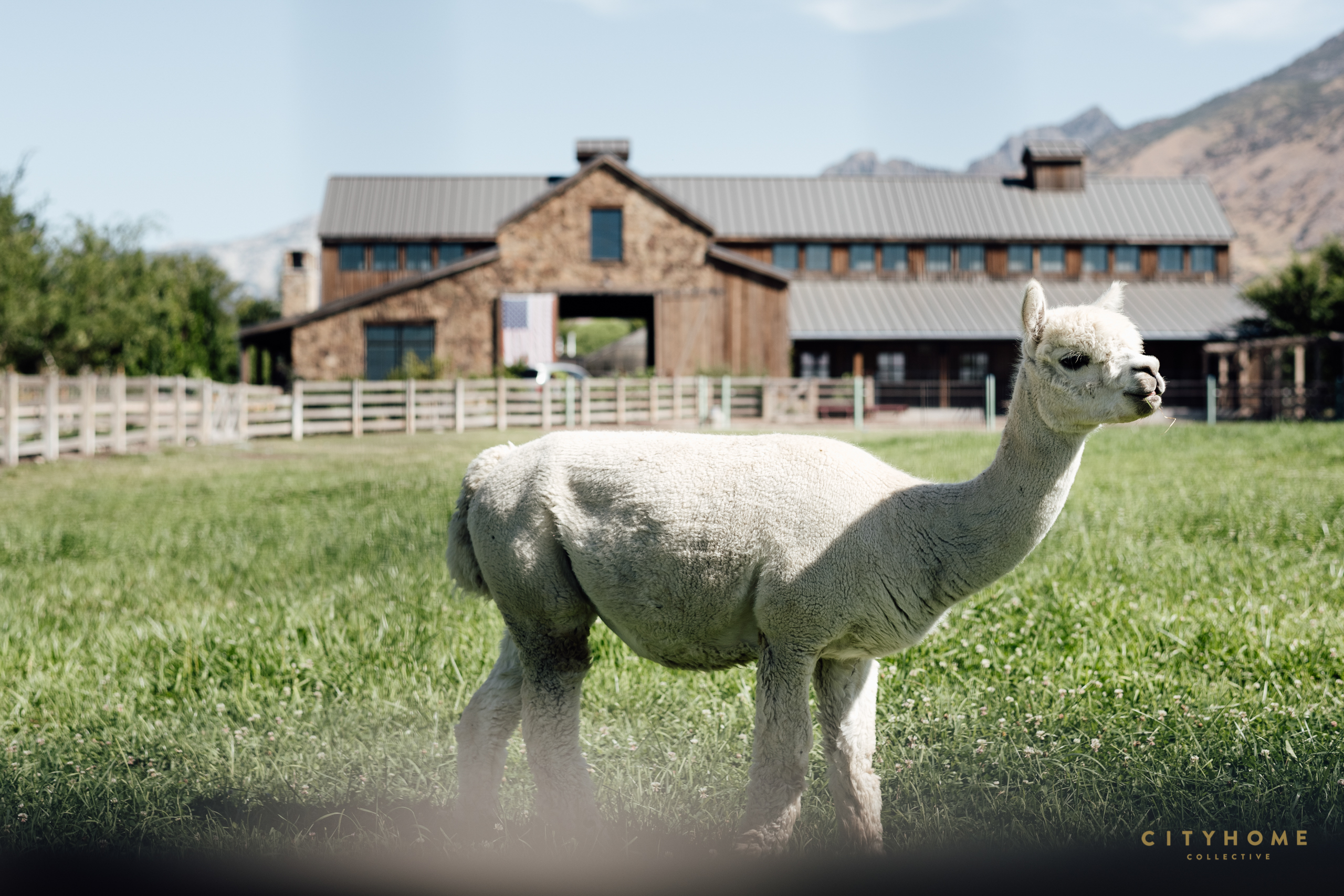
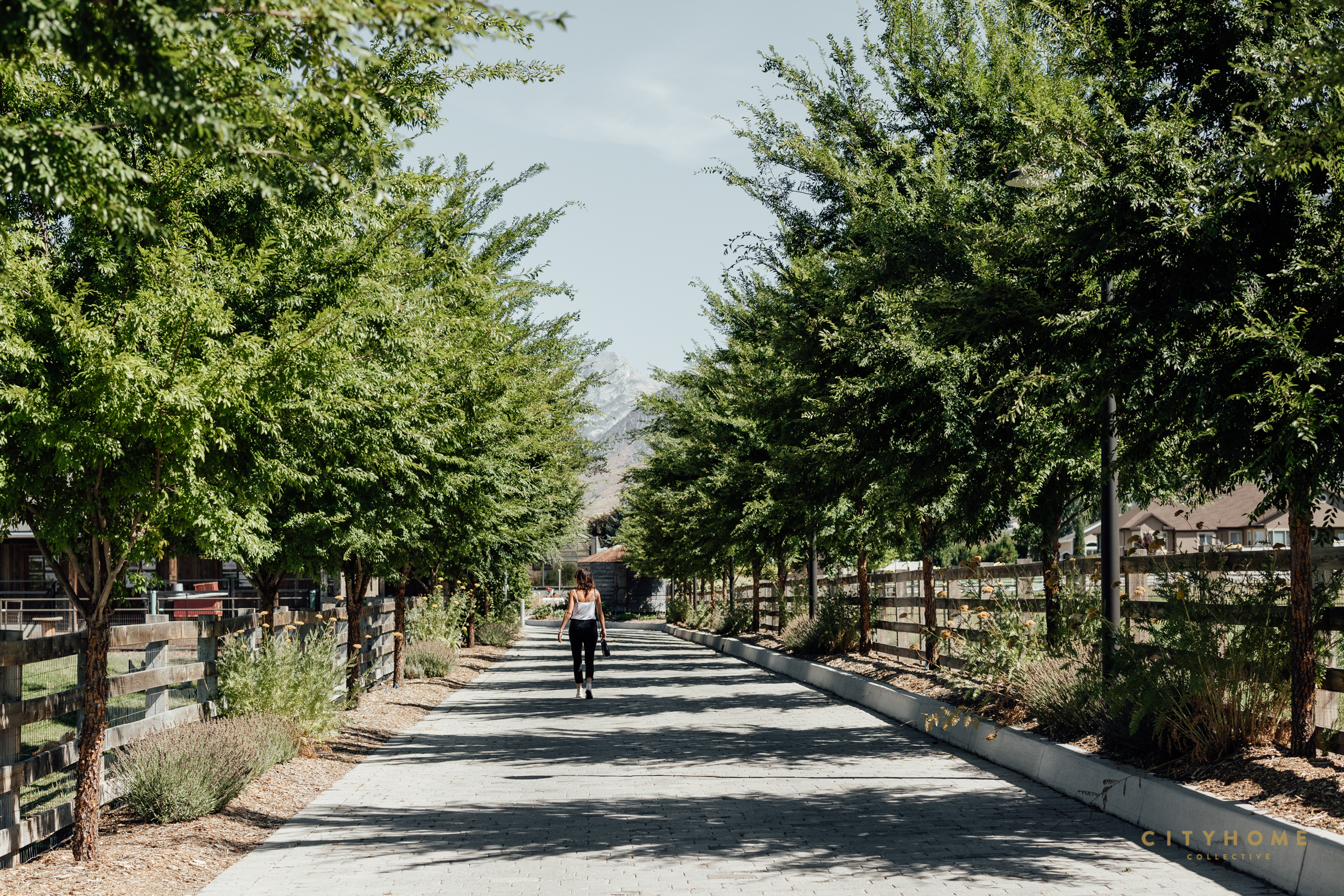
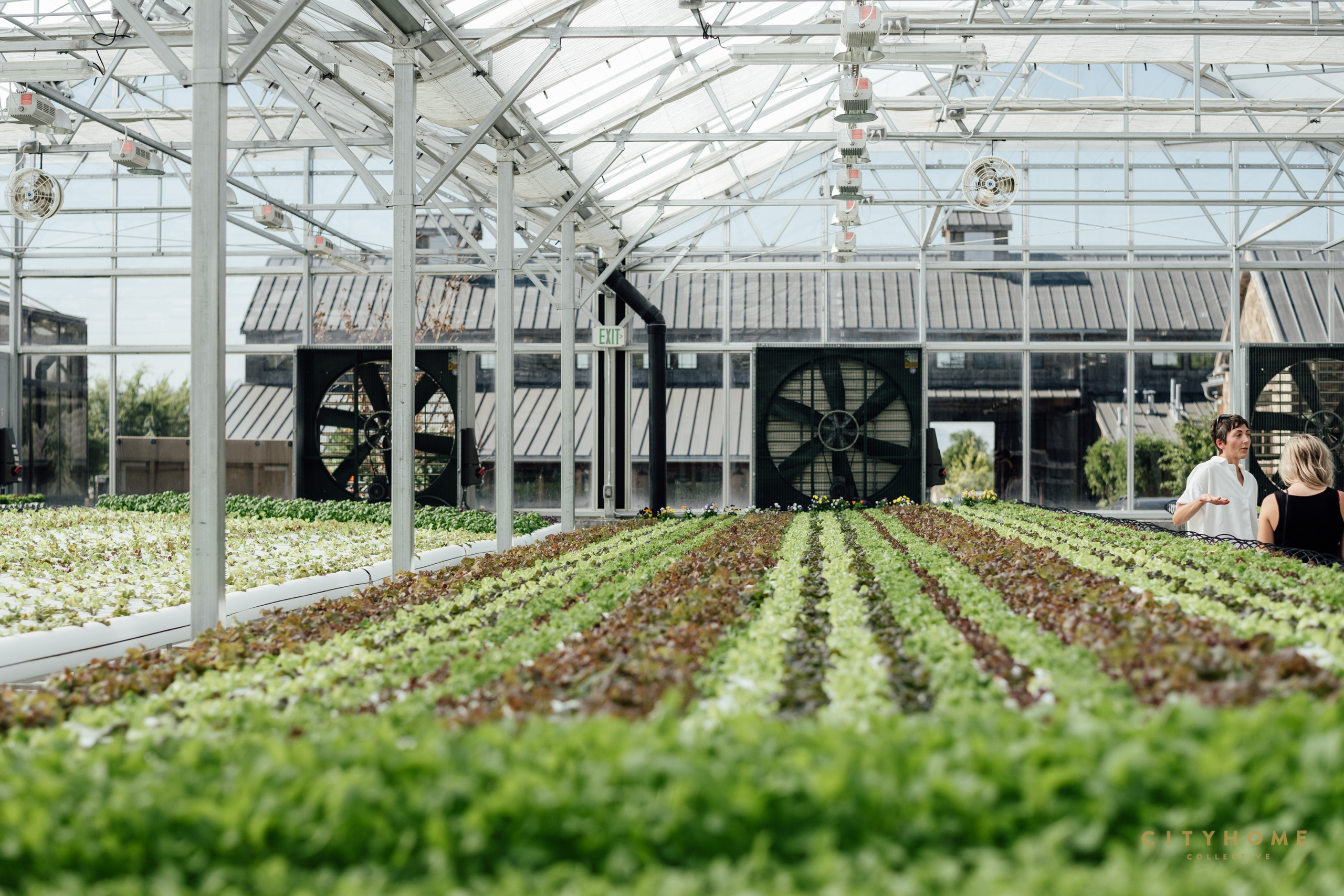
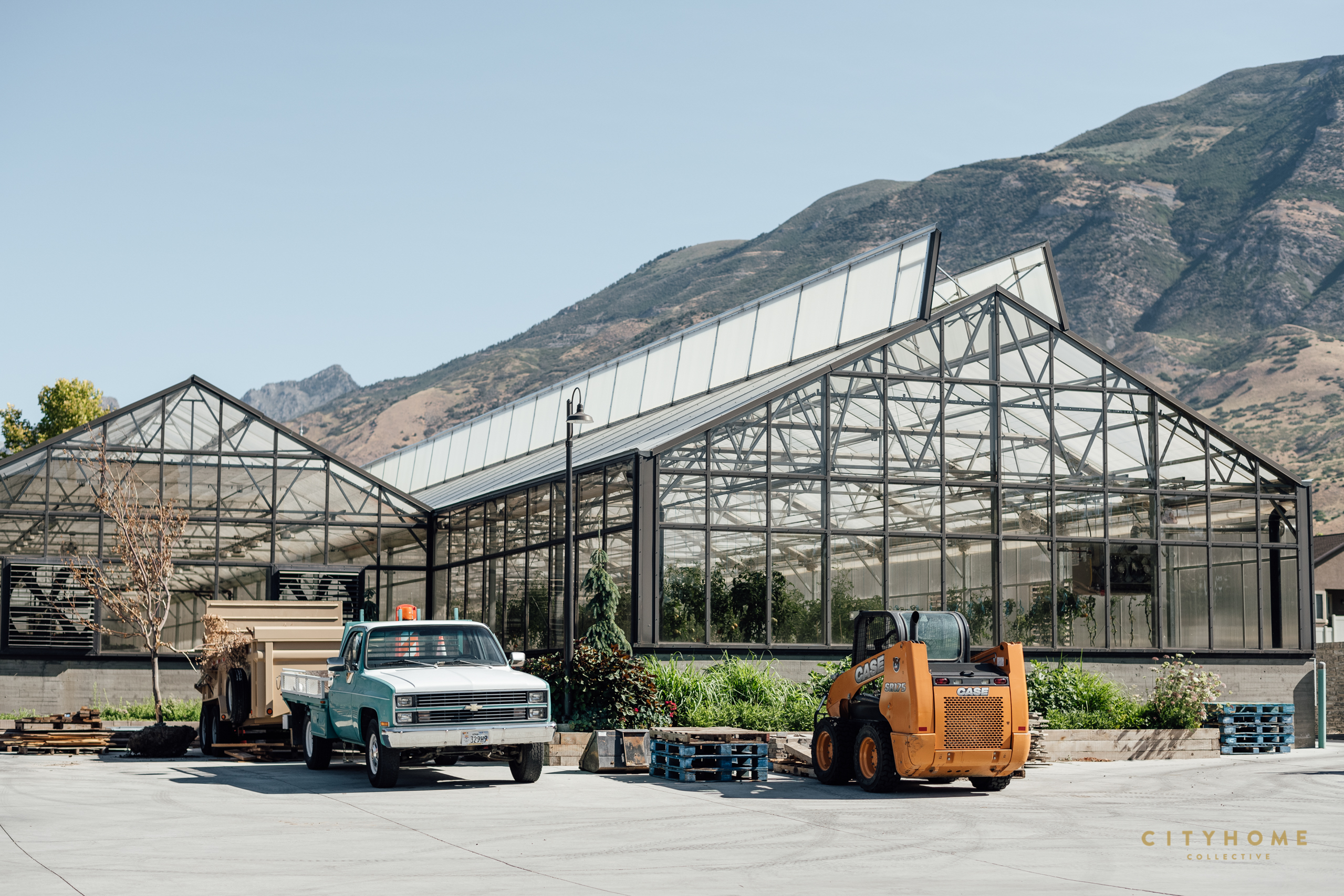
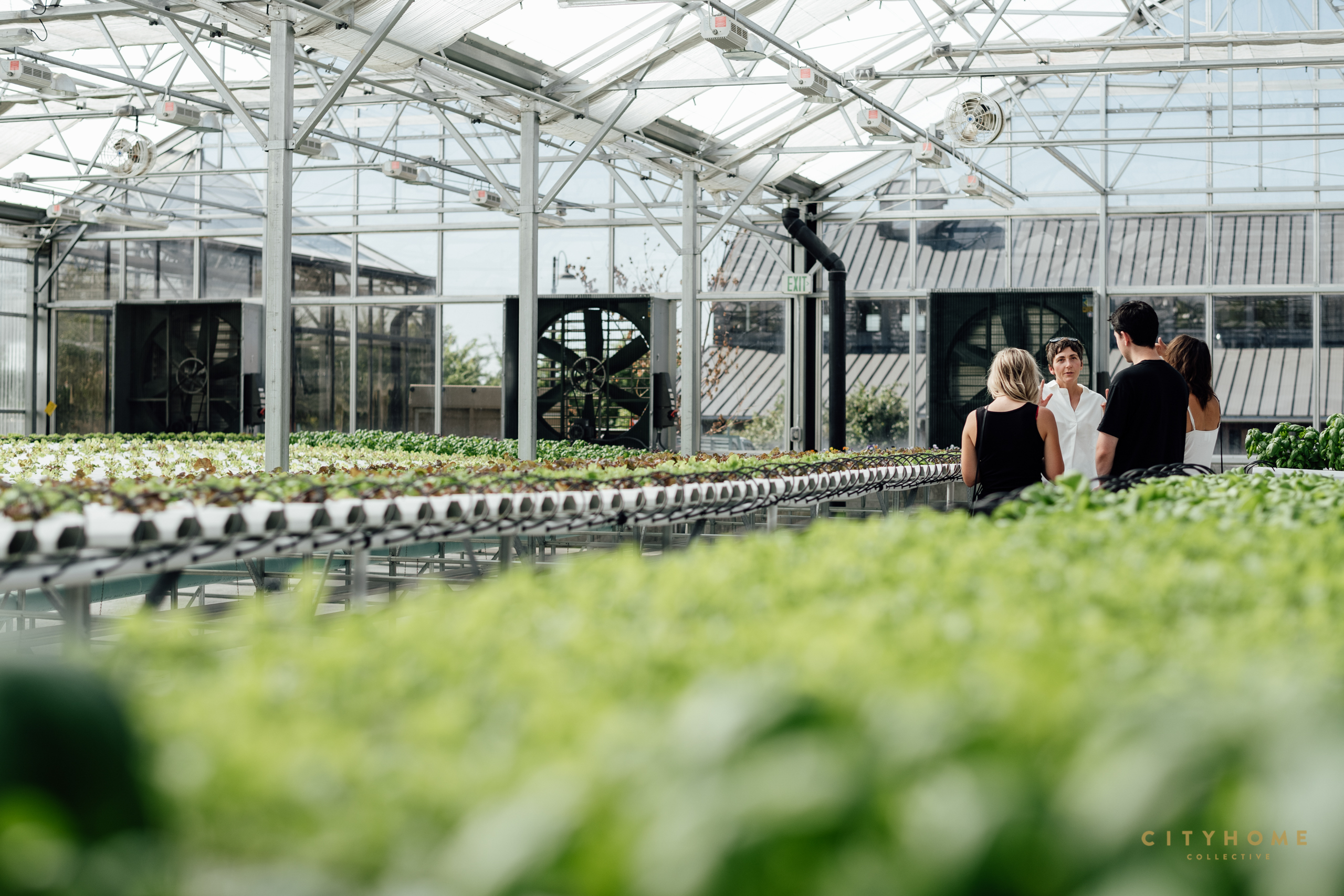
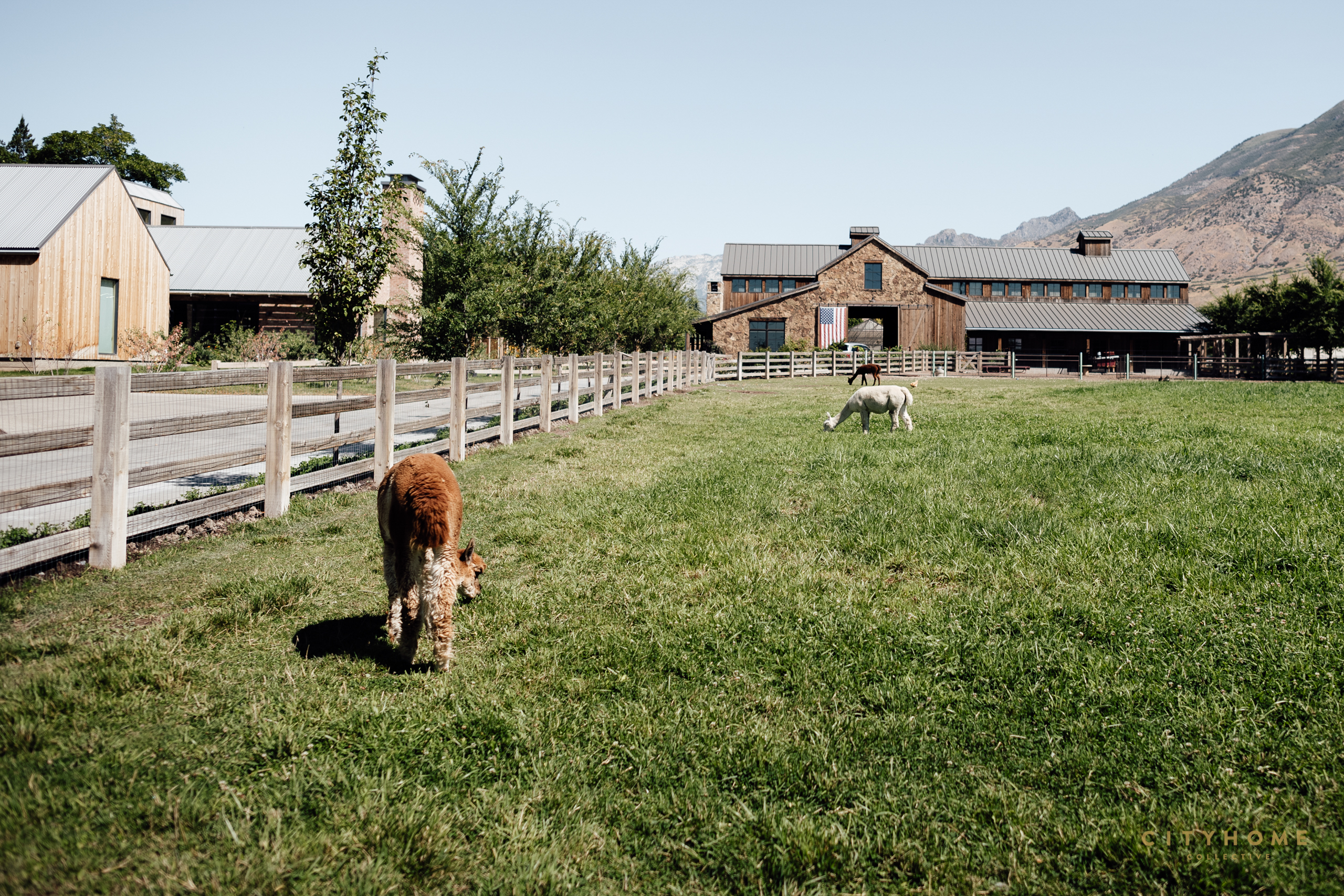
.jpg)
